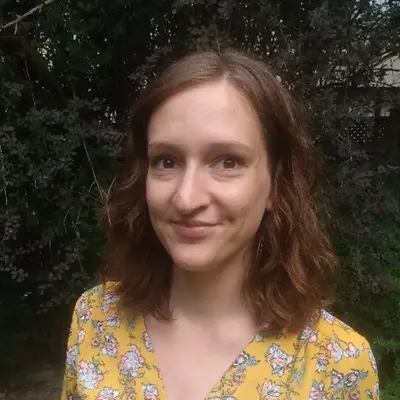“’Til all our Tribes are free”: Solidarity, Direct Action, and Indigenous Media Coverage of the Occupation of Wounded Knee, 1973
American Indian Movement’s (AIM) occupation of Wounded Knee South Dakota in 1973, focusing on coverage of the event found in Indigenous-produced newspapers and magazines. AIM, a radical Indigenous activist organization founded in Minneapolis in 1968, occupied Wounded Knee to bring attention to the American government’s neglect of historical treaties and concerns around tribal government corruption on the Pine Ridge Reservation. This presentation will examine the events leading up to the occupation, the conflict itself, and the fallout from the 71-day standoff as a case study to examine the impact of Indigenous-led journalism in a moment heightened political action among Indigenous nations and community organizations across North America. In examining newspaper coverage, it will argue that Indigenous print journalism created media spaces where diverse opinions about the event could be shared, facilitating the creation of networks of material and political support from communities and organizations that were physically distant from the events unfolding in South Dakota. Community-based newspapers focused significant attention on the event, provided greater historical and political context in explaining the events taking place, offered a perspective on the events much different from the Euro-North American mainstream press, and demonstrated that solidarity with the protest actions at Wounded Knee was not limited to a small, radical minority at Wounded Knee, but found purchase with Indigenous peoples across the continent. This talk addressed questions of colonialism and government-Indigenous relations in the United States, as well as considering the ways in which anti-colonial work was not limited to individual nation-states or Indigenous nations, challenging the ways we think about boundaries between “American” and “other.”
Speaker Bio:
Hannah Roth Cooley is a settler scholar from Treaty 6 territory (Saskatoon, Saskatchewan). She is a PhD Candidate in the Department of History with a Collaborative Specialization in Book History and Print Culture. Her research explores the history of Indigenous journalism in the 1970s prairies surrounding the Canada-US border, focusing on the ways that print media facilitated and contributed to anti-colonial protest work between Indigenous nations and across the colonial border.

